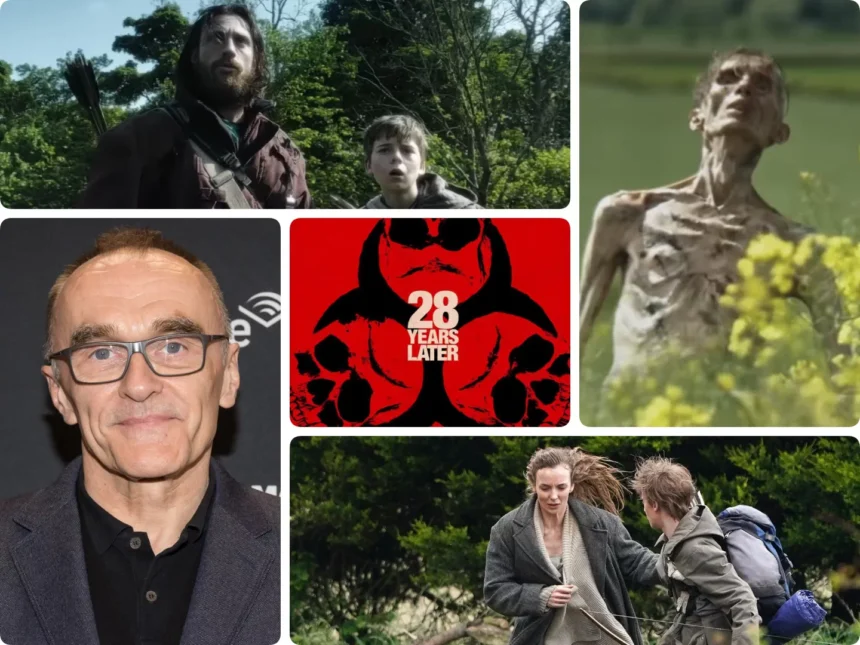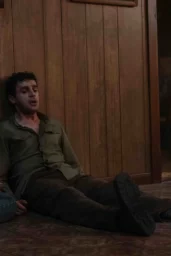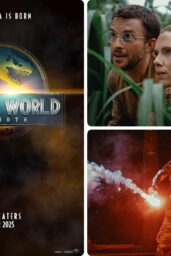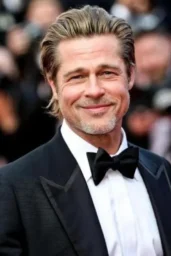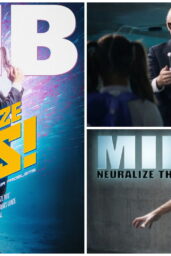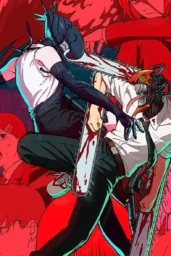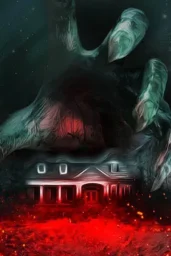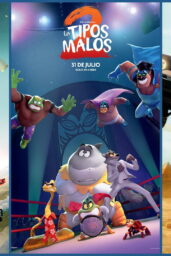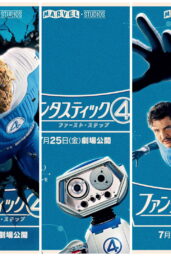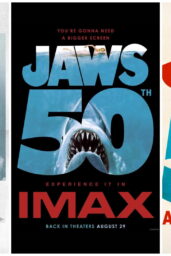Danny Boyle, the director who redefined the zombie genre with the seminal “28 Days Later” in 2002, is making his long-anticipated return to the franchise. With the release of “28 Years Later” slated for June 20, 2025, Boyle will step back into the director's chair for the trilogy's final installment—an endeavor that's as narratively bold as it is emotionally resonant. In an exclusive interview with Empire, Boyle shares his vision for the third chapter while teasing the rich storytelling groundwork laid by screenwriter Alex Garland.
The Trilogy's Genesis: The “28 Days Later” franchise has always been more than a tale of survival in a zombie-infested world; it's a study of humanity's resilience and frailty. Boyle set the stage in 2002 with a gritty, frenetic exploration of a post-apocalyptic UK, while Juan Carlos Fresnadillo's 2007 sequel, “28 Weeks Later,” expanded the narrative scope, showcasing the broader implications of the virus. Now, “28 Years Later” promises to deepen the mythology and emotional stakes.
Screenwriter Alex Garland, who has penned all three entries in this new trilogy, describes the project as “very narratively ambitious.” Garland explains, “We tried to condense the story, but its natural form felt like a trilogy. This isn't a cash grab; it's an exploration of themes that demand space to breathe.”
Plot and Setting: Set on Holy Island, a tidal island off the UK coast that becomes accessible only during low tide, “28 Years Later” focuses on a small, isolated community that has endured the zombie outbreak through strict laws and unyielding defenses. Aaron Taylor-Johnson leads the cast as Jamie, joined by Jodie Comer as Isla and Alfie Williams as their son, Spike. The family's seemingly tranquil life takes a dramatic turn when Spike embarks on a rite-of-passage journey beyond the island's safety, discovering a world far different from the one he's been told about.
Boyle offers a tantalizing glimpse into the film's emotional core: “This is a closed, tightly knit community. Their survival has come at a cost. When Spike ventures out, it's not just about what he finds but how his discovery reshapes their understanding of survival and humanity.”
The Future of the Trilogy: Interestingly, while Boyle has confirmed his return for the third film, its production hinges on the audience's reception to “28 Years Later.” Nina DaCosta has already completed the second installment, “28 Years Later: Part II: The Bone Temple,” set for a 2026 release, leaving Boyle to craft the finale based on how the initial chapters resonate with viewers.
Cillian Murphy, the original film's breakout star, is notably absent from the first entry but is expected to return in some capacity. Producer Andrew MacDonald shares, “We've kept the door open for Jim's involvement. He's currently attached as an executive producer, but I'm hopeful he'll play a more direct role in the latter films.”
Production and Vision: Shot on the innovative iPhone 15, “28 Years Later” embraces a visceral, intimate aesthetic that mirrors the franchise's roots. With Boyle at the helm, fans can expect a masterful blend of heart-stopping tension and poignant character drama. The initial trailer's record-breaking reception hints at the high anticipation for this next chapter.
Sony's acquisition of the trilogy rights after a heated bidding war further underscores the industry's confidence in Boyle and Garland's vision. As Garland aptly states, “This is storytelling at its most ambitious. It's a trilogy that pushes boundaries, both narratively and emotionally.”
Conclusion: The return of Danny Boyle to the franchise that defined a generation of horror cinema marks a monumental moment for fans. With its layered storytelling, rich characters, and thought-provoking themes, “28 Years Later” is set to be more than just a film—it's an event that challenges the conventions of genre storytelling. As audiences prepare for the June release, one question looms: Can Boyle and Garland deliver on their promise of a trilogy that's as innovative as it is emotionally resonant?
Personal Impressions: Danny Boyle's return to the franchise feels like a homecoming for one of the genre's most visionary creators. The decision to place Holy Island at the story's heart is both intriguing and symbolic, capturing the isolation and resilience central to the narrative. With Garland's sharp, philosophical writing and a cast that oozes talent, the trilogy's potential is undeniable. What excites me most is the emotional complexity hinted at in Boyle's remarks—a reflection on survival, community, and the cost of humanity's perseverance.
Reader Engagement: What do you think makes the “28 Days Later” franchise stand out in the crowded zombie genre? Can Danny Boyle's return elevate the trilogy's conclusion to new heights?

